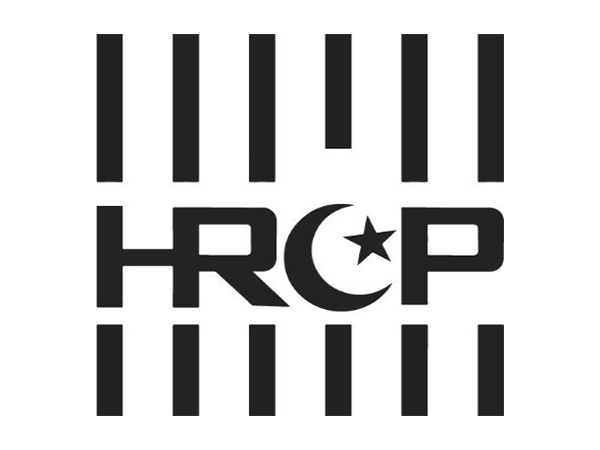HRCP and EU Discuss Growing Digital Repression in Pakistan
The Human Rights Commission of Pakistan, in association with the EU, held a roundtable to discuss growing constraints on freedom of expression and digital rights in Pakistan. Experts criticized laws like the PECA Act for stifling dissent and emphasized the need for unity among civil society to combat repression.

- Country:
- Pakistan
The Human Rights Commission of Pakistan (HRCP), in partnership with the European Union, convened a national roundtable on July 17 to tackle mounting concerns about restrictions on freedom of expression and diminishing digital freedoms in Pakistan. The HRCP highlighted these issues in a recently issued press release.
The roundtable, according to the HRCP, unified esteemed academics, civil society leaders, journalists, lawyers, and digital rights defenders to analyze the government's application of laws such as the Prevention of Electronic Crimes (PECA) Act, especially the 2025 Amendment. These laws are reportedly being leveraged to stifle dissent and silence critical voices.
Digital rights advocate Farieha Aziz, who moderated the session, discussed how Section 37 of the PECA Amendment empowers the Federal Investigation Agency (FIA) to block online content unilaterally, bypassing judicial oversight. Journalists Matiullah Jan and Asad Toor illustrated instances of YouTube channels being removed without advance notice or legal reasoning, as reported by the HRCP.
Prominent media figures, including Anchorperson Absa Komal and Dawn editor Amir Wasim, noted a shift from overt arrests to economic and institutional intimidation, a trend they cautioned is prompting widespread self-censorship. HRCP co-chair Munizae Jahangir urged unity among civil society members and journalists, warning that state authorities exploit internal disagreements to destabilize collective opposition.
Legal professionals, such as Advocate Talha Sarfraz Khan and Barrister Rida Hosain, condemned the misuse of defamation laws that serve to protect state institutions over citizens. Advocate Usman Warraich sounded an alarm over the nation's drift towards 'digital martial law,' characterized by unchecked surveillance and online oppression.
Journalists from Balochistan and Khyber Pakhtunkhwa shed light on the dangers of reporting from isolated areas, noting that censorship and repression have now spread to major urban areas. There was a wide agreement on the necessity to repeal or amend the PECA 2016 law and its 2025 amendment.
Former senator and HRCP council member Farhatullah Babar urged the Senate's Information Committee to disclose FIA data on PECA-related cases and suggested forming an independent commission to investigate the law's abuse in blasphemy-related incidents.
Concluding the roundtable, HRCP Secretary-General Harris Khalique stated, 'Without freedom of expression, no civil, economic, or social right can be defended.' He appealed to the state to target hate speech and incitement to violence, rather than dissent or political criticism.
(With inputs from agencies.)
ALSO READ
Safe haven showdown: Stablecoins beat gold and fiat in hedging bitcoin volatility
Celebrating 90: Dalai Lama's Lifelong Legacy of Compassion and Defiance
Ayatollah Khamenei Emerges in Defiant Ashoura Ceremony Amidst War
FIA Elections: Clash of Leadership and Legacy
Hezbollah's Defiance & Ashoura: A Call for Resistance










